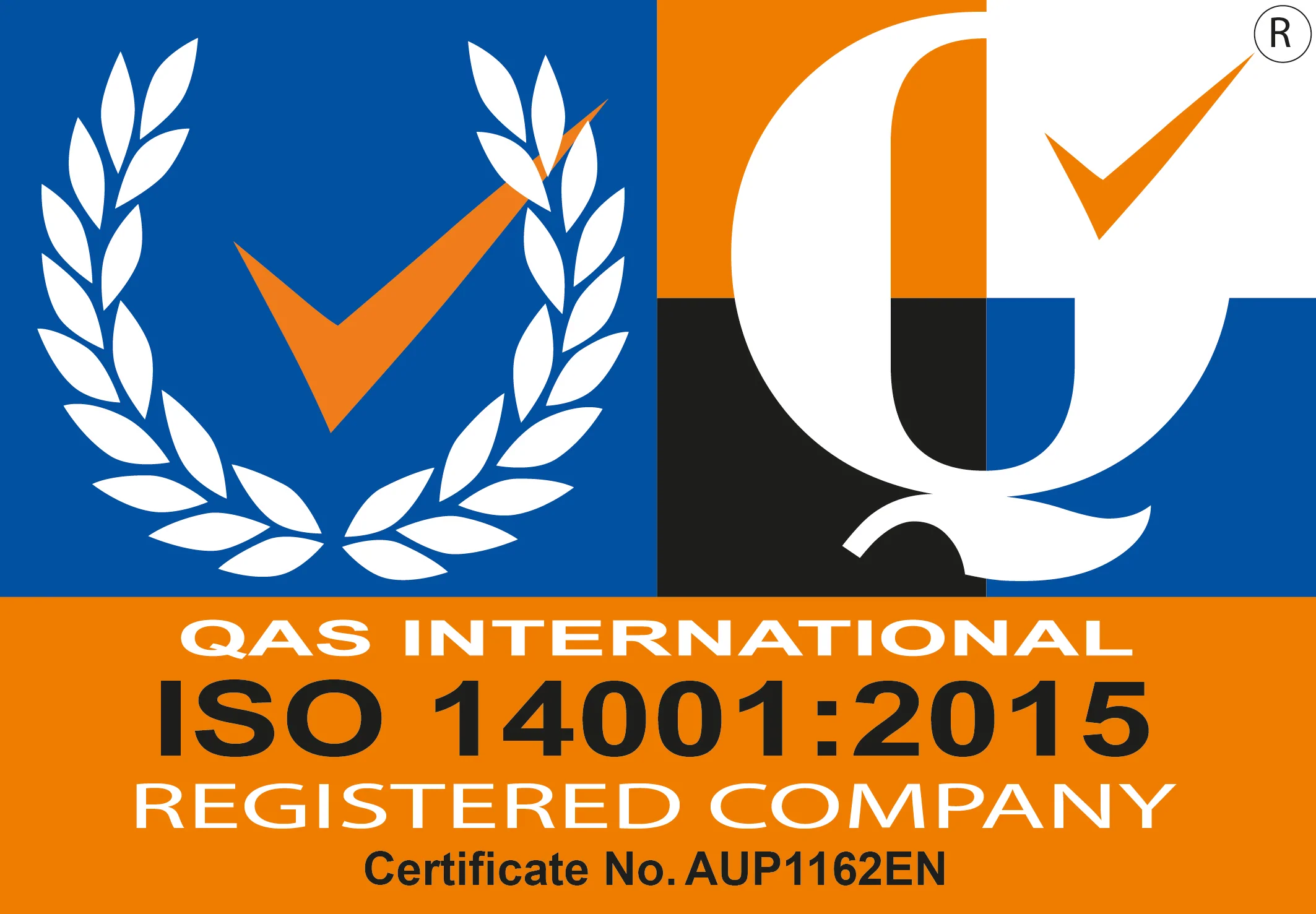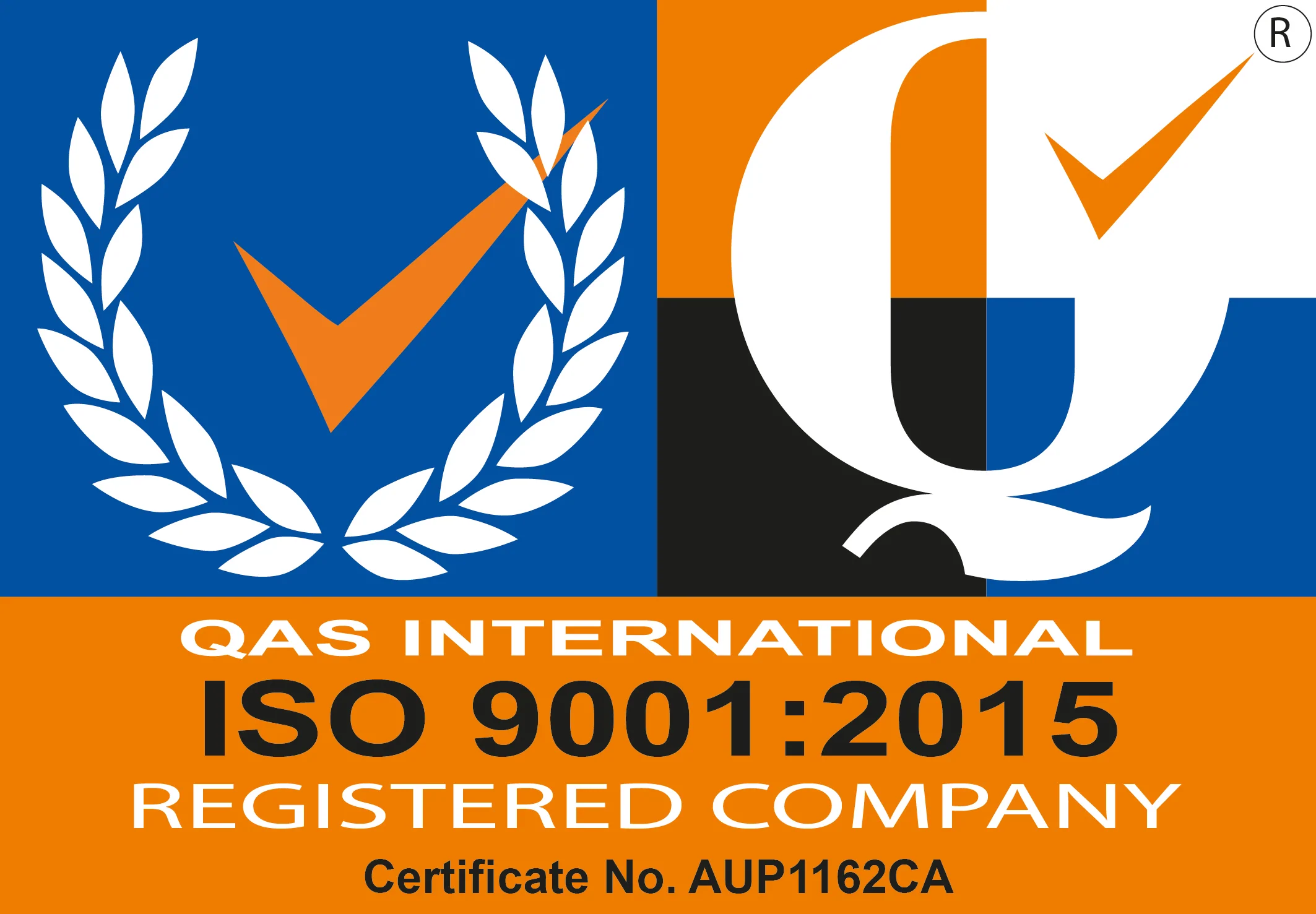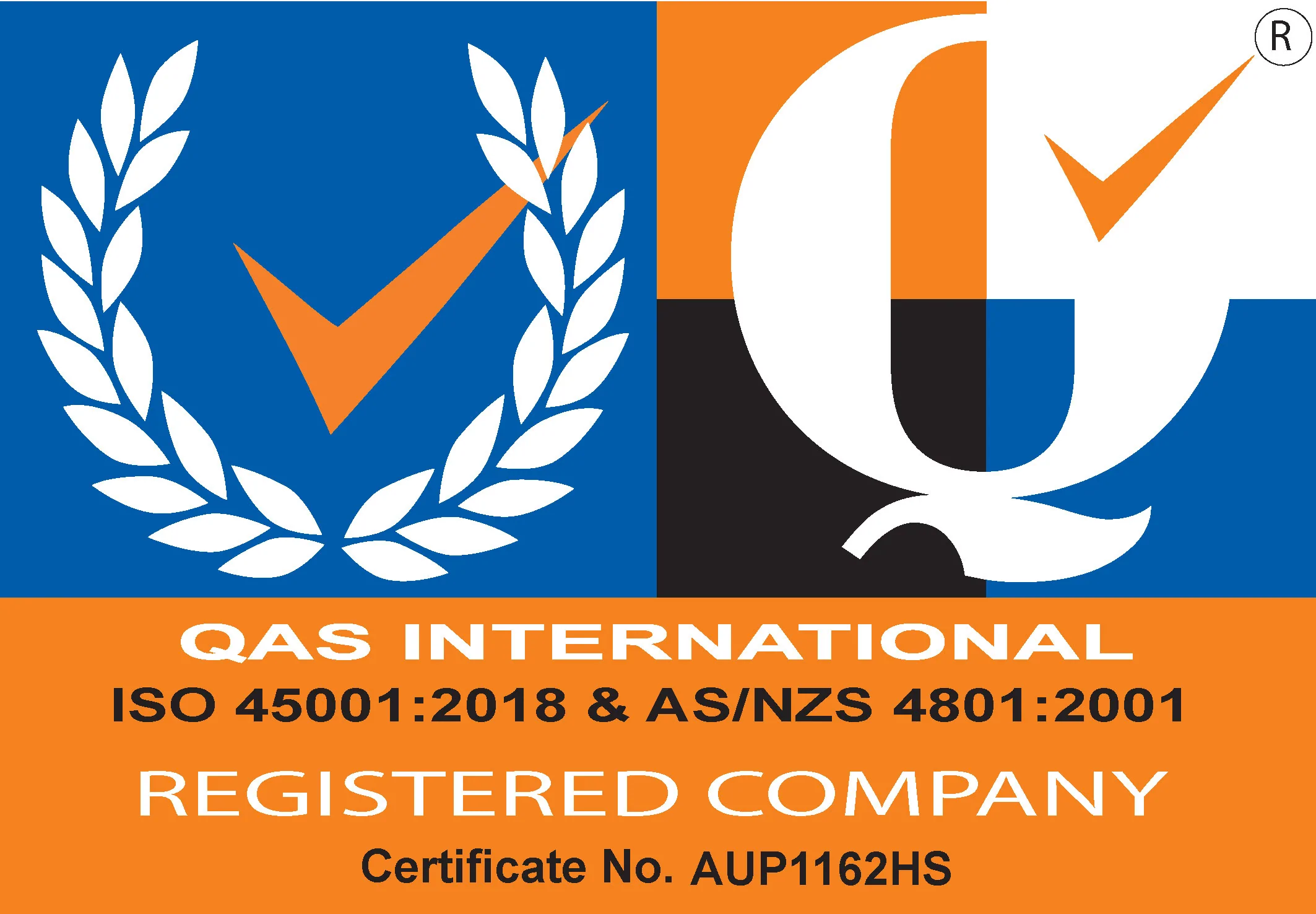Products / Stormwater Pipe & Fittings / EnviroStorm® HDPE SN8 Pipes / EnviroStorm® HDPE Perforated Pipe 225mm
✓ Australian Made
✓ Light Weight
✓ Cost Effective Solutions
✓ Long Life
✓ Easy Installation
✓ Chemical Corrosion Resistance
✓ Effective Roughness
✓ Abrasion Resistance
✓ UV Resistance
✓ Resistance to Micro-Organisms
Convic Australia offers EnviroStorm HDPE Perforated Pipe 225mm, a cutting-edge solution for managing stormwater effectively. With its advanced design and performance, this pipe provides long-term cost-effectiveness and improved stormwater management. Explore the benefits and applications of EnviroStorm HDPE Perforated Pipe below.
EnviroStorm HDPE Perforated Pipe 225mm supports stormwater infiltration, mitigating the effects of urbanization and promoting groundwater recharge. It helps address the following issues:
Filter Sock and Compliance: In situations with fine sand and coarse silt soils, EnviroStorm HDPE Perforated Pipe utilizes a filter sock to prevent sediment entry. The filter sock stabilizes soil around pipe corrugations and restricts sediment from entering the drain line. EnviroStorm HDPE Perforated Pipe is manufactured in compliance with AS2439, meeting industry standards for quality and performance.
Convic Australia, an authorized seller of EnviroStorm HDPE Perforated Pipe 225mm, offers these innovative solutions on their website. Benefit from their expertise and secure the future of your stormwater infrastructure. Contact us today for more information and project-specific guidance.
EnviroStorm HDPE Perforated Pipe, provided by Enviropipes and available through Convic Australia, is a superior solution for stormwater management and infiltration. With its exceptional durability, easy installation, and resistance to harsh environments, it ensures efficient stormwater management. Choose EnviroStorm HDPE Perforated Pipe to optimize your stormwater infrastructure and minimize potential hazards.
Nominal Diameter (DN) |
Outside Diameter (mm) |
Internal Diameter (mm) |
Inlet Area (mm2/m) |
Nominal Overall Length (mm)
|
Length (SP/ SO) Effective Length (mm)WA |
Nominal Overall Length (mm)
|
Length (SP/ SO) Effective Length (mm)QLD & VIC |
Weight (KG) |
Stiffness Class (SN) |
| 225 | 257 | 223 | 1527 | 6070 | 5950 | 6340 | 6200 | 20 | 8 |
Overall and effective lengths may change without notice
Measurements are approximate and subject to change without notice
*Also Available with an electro-fusion joint (WA only)
From 1050-4000 different stiffness ratings can be manufactured (WA only)
Enviropipes perforated pipe systems are designed for both subsoil drainage and infiltration of stormwater runoff to help prevent ground water issues.
Sub-soil drainage sytems use a flexible corrugated drainage pipe to maintain a designated water table level based on design requirements , It is ideal for landscape and lawn drainage, and for drainage in areas that are prone to flooding. It can also be utilised in the following applications;
In situations where there is fine sand and coarse silt soils, a filter sock is used to prevent fine grains from entering the slotted pipe. It also restricts the sediment from entering the drain line by stabilising the soil around the pipe corrugations.
Filter wrap can be supplied separately or fitted onto the coil.
Change in groundwater recharge is one of the many effects of urbanisation. As urban development increases, ground water recharge will decrease due to of reduced infiltration. More surface runoff, less water infiltration into the soil, and less water recharge to aquifers are often a consequence. Enviropipes has developed a flexible corrugated pipe that can recharge and prevent ground water issues.
Enviropipes Perforated pipe is manufactured from high-density polyethylene material with a corrugated profile wall to give high crush resistance, flexibility and lightness.
Enviropipes Perforated pipe is designed for the economic removal of excess ground water in pastures, croplands, orchards, playing fields, roads and construction work. It can also be used in effluent soakage fields, retaining wall drainage and storm water diversion.
The thermal bonded filter sock provides the combined functions of filtration and separation which prevent excess particles in the water entering the pipeline.
Features and benefits are
The extremely low weight of Enviropipes Perfrorated Pipe allows simpler and faster installation. Most cases no heavy machinery is necessary for the installation and handling of the pipes. Most of the handling can be done by an excavator on site or even by hand.
Enviropipes Perforated pipe is manufactured from High Density Polyethylene (HDPE) and has excellent resistance both internally and externally to protect against aggressive soils and chemicals.
Due to its low roughness as shown in the graph below there is almost no accumulation on the pipe bottom, Enviropipes Stormwater Pipes and EnviroSewer® pipes have the ability to self purify. Low roughness has an important economic advantage as maintenance expenditure is kept to a minimum. Due to the low roughness the hydraulic properties are improved and smaller diameters are required compared to conventional pipe materials with the same flow rate. Enviropipes Stormwater Pipes and EnviroSewer® pipes convey flows up to 17% greater than concrete pipes, and up to 60% greater than corrugated steel pipes.
Polyethylene pipes are among the most abrasion resistant pipes in the world. This has been tested in the Darmstadt procedure and the results are shown in the diagram to the left and supports the quality of polyethylene pipes.
Commonly most natural materials and other plastics are degraded by weathering effects, particularly by the combined impact of short-wave ultraviolet radiation in sunlight and atmospheric oxygen. Black polyethylene pipes are permanently resistant to atmospheric corrosion and UV radiation, as the polyethylene used contains carbon black which acts as both a pigment and an ultra violet stabiliser. Thus the pipes can be used and stored outside without the pipe material being damaged.
Polyethylene is not nutrient media for bacteria, fungi and spores, so that the material is resistant to all forms of microbial attack as well as both sulphurous acid and sulphates
Important information for rubber orientation and cutting of Enviropipes Corrugated pipe from 225-750mm (Please make contact for cutting of all other sizes)
• During installation if the pipes need to be cut to special lengths make sure cuts are made to the centre of the valley only, also make sure to seal the airways when required before installing the last length of pipe (this applies to sizes between 225-750mm only).
• Install rubber in the correct orientation (as per below picture) in the last valley of the pipe and make sure surfaces are clean and lubricated with approved Enviropipes lubricant.
• Rubber notches should be installed in line with the airway of the pipe to avoid any leaks after compressing the rubber
into the socket.
Enviropipes slotted and un-slotted Coil are manufactured in accordance with AS2439.
Part 1: Structural design
Part 2: Installation
AS/NZS 2566.1:1998 sets out a practice for the structural design of buried flexible pipelines which rely primarily upon side support to resist vertical loads without excessive deformation. The interactive pipe/embedment structure is considered only in the transverse direction. Structural performance is predicted in the long-term for pipes in trenches and embankments but not for jacked or bored lines. For the purposes of this Standard, the long-term design basis is 50 years, to take account of creep and other time dependent effects. The equations used in this Standard apply to pipes with outside diameters equal to or greater than 75 mm, initial ring-bending stiffness equal to or greater than 1250 N/m/m and long-term ring-bending stiffness equal to or greater than 625 N/m/m.
This Standard provides methods and data for calculating the response of a pipe to loadings from—
(a) Soil;
(b) Superimpositions on the soil; and
(c) Both positive and negative internal pressures.
AS/NZS 2566.2:1998 specifies requirements for the installation, field testing and commissioning of buried flexible pipelines with structural design in accordance with AS/NZS 2566.1. These pipelines rely primarily upon side support to resist vertical loads without excessive deformation by adopting an elliptical shape.
Part 1: Polyethylene and polypropylene pipes and fittings for drainage and sewerage applications.
AS/NZS 5065:2005 specifies requirements for polyethylene (PE) and polypropylene (PP) pipes and fittings for sewerage and drainage applications, above and below ground, inside and outside of buildings, and is intended to be operating under gravity flow and the operating pressure is low. It includes requirements for both plain and structured wall pipes and fittings.
366/368 Settlement Road
Thomastown Vic 3074 Australia
Ph: (03) 9464 1655
sales@convicaustralia.com.au


